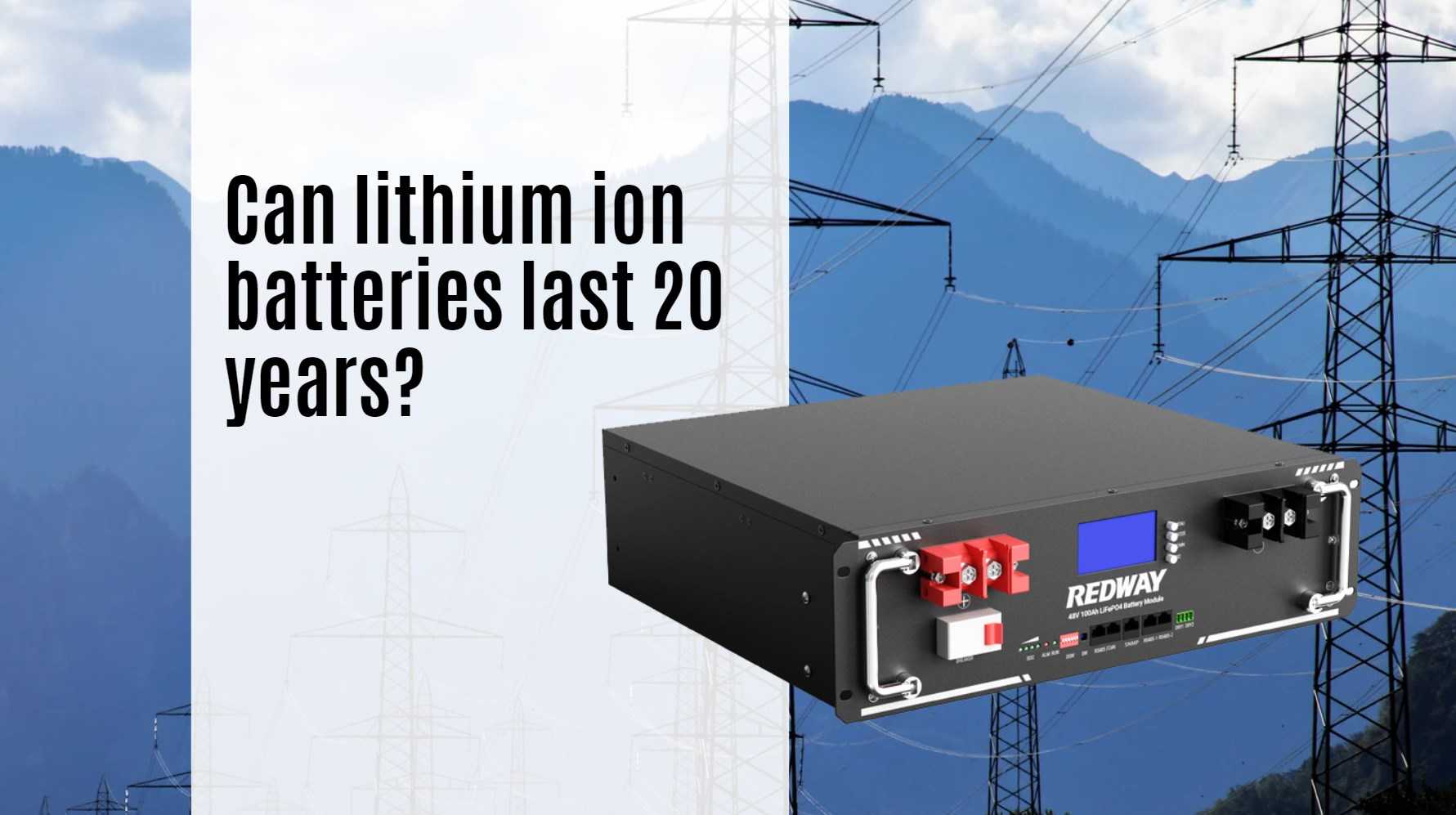Lithium-ion batteries are widely recognized for their longevity compared to traditional battery technologies. Typically, these batteries last between 10 to 15 years under optimal conditions. However, advancements in battery technology and chemistry have led to discussions about the potential for lithium-ion batteries to last up to 20 years.
Factors Influencing Lifespan
Several factors significantly impact the lifespan of lithium-ion batteries:
- Depth of Discharge (DoD):
- Regularly discharging a lithium-ion battery to a lower percentage (around 20-30%) can extend its lifespan. Batteries that are frequently discharged deeply may experience reduced longevity.
- Temperature:
- Operating and storing lithium-ion batteries within recommended temperature ranges (typically between 0°C and 45°C) is crucial. Extreme temperatures can accelerate degradation and reduce capacity over time.
- Usage Patterns:
- The frequency of charge and discharge cycles affects battery life. Batteries used in applications with frequent cycling may have shorter lifespans compared to those used less intensively.
- Quality of Battery:
- Higher-quality lithium-ion batteries often incorporate better materials and manufacturing processes, contributing to longer lifespans.
Recent Developments
Innovations in battery technology have led to the development of new chemistries that could potentially achieve lifespans approaching 20 years:
- Lithium Iron Phosphate (LiFePO4): Known for safety and longevity, these batteries can last up to 10-15 years and are often used in renewable energy applications.
- Lithium Metal Batteries: Researchers at Harvard have developed a lithium-metal battery that can last up to 20 years, significantly outperforming conventional lithium-ion batteries. These new designs prevent dendrite growth, which is a common issue in traditional lithium batteries that can lead to failure.
Realistic Expectations
While some lithium-ion batteries may reach lifespans close to 20 years under ideal conditions, most commercially available options will typically last between 10 to 15 years. Factors such as usage intensity, environmental conditions, and maintenance practices play critical roles in determining actual lifespan.
Latest News
- Advances in solid-state battery technology are paving the way for longer-lasting energy storage solutions.
- New research indicates that optimizing charging practices can significantly extend the lifespan of lithium-ion batteries.
- The automotive industry is exploring next-generation lithium-metal batteries that promise longer lifespans and faster charging capabilities.
Redway Expert Comment
“While achieving a 20-year lifespan with lithium-ion batteries is ambitious, ongoing advancements in battery chemistry and technology are making it increasingly feasible. At Redway Battery, we focus on providing high-quality solutions designed for longevity and reliability, ensuring our customers benefit from the latest innovations in energy storage.”




